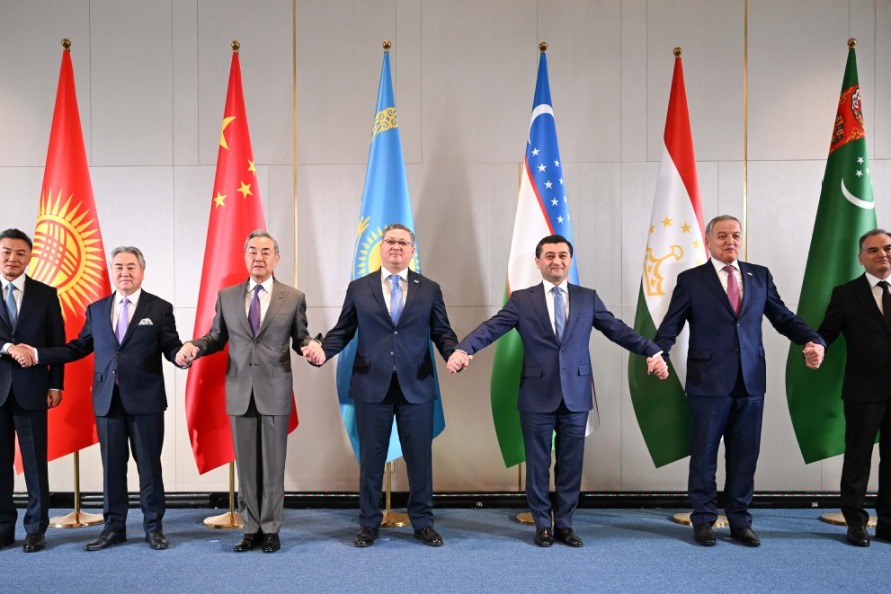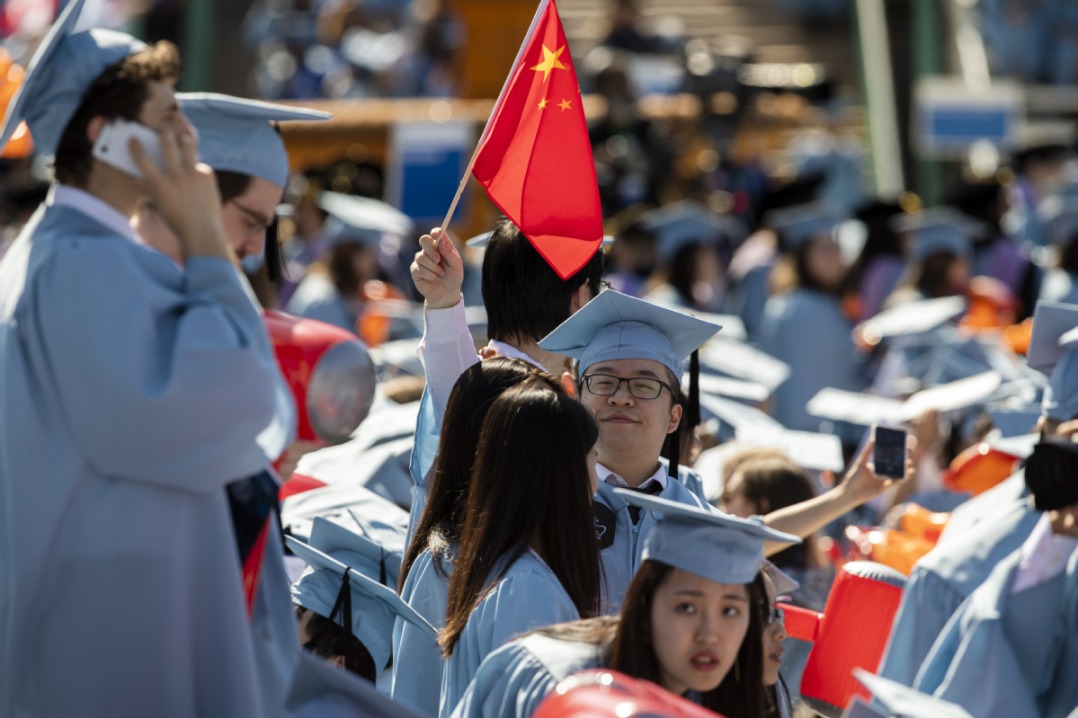Innovation, leadership build better world for all

We live in a world of knowledge and human capability unimaginable even a short time ago. The evolution of knowledge, the understanding of and engagement with computer science, digital technology, artificial intelligence and machine learning have brought humankind astonishing capability to apply and engage its collective intelligence and digital competence to make the world a better place for all.
However, the media is not celebrating the achievements, but is instead obsessed with "who is leading and who is stealing technology" rather than focusing on cooperating with competitors to achieve a common goal.
On the international stage, ever since late Chinese leader Deng Xiaoping nearly 50 years ago announced that China would open up to become a full-scale participant in the global economy, China has invested and developed to excel in technology and innovation.
The Economist recently described China as "the world's innovation lab". Innovation is now frequently spoken of, but I am unsure whether innovation is understood as being an important set of often complex processes that enable creative ideas to become life-improving products and services and contribute to economic and social development.
I have been visiting China for more than 30 years. I have seen so much, learned so much and been privileged to observe the emergence of leadership — not only in the position and performance of China in the technical aspects of innovation, but also in China's positioning in education, research, and understanding of the significance of digital technology and its application.
I have also witnessed how China explores ways through which advanced technology, human values, and the continuing evolution of human intelligence can best be enabled to work together for optimal effectiveness and human fulfillment.
It is clear that China is a leader in advanced technologies such as AI, clean technologies, computer science and bioscience. Characterizations of China as a low-cost manufacturing center are now obsolete.
China and its people are bringing creativity, new knowledge, innovation and leadership in areas with enormous potential for scientific and industrial development.
I have worked in China and with Chinese people in academia, business and education for decades. When I first visited China, it was a very different place in terms of infrastructure and economic positioning than it is today.
In my early days in China, Deng's vision, policies and leadership generated a momentum which gathered pace in subsequent decades, leading to the China today — a world leader in many spheres. Since that great reform and opening-up drive heralded by Deng, China has lifted about 800 million people out of poverty.
The West has been reluctant to acknowledge the achievements and successes of China. For many decades, the United States has been "No 1 in the world". It has been hard for the US and its people to contemplate not being the leader. In my view, the West has found it hard to understand and accept that "Western democracy" might not be an attractive approach to a nation of 1.4 billion Chinese people, the inheritors of a rich culture with ancient origins.
In recognizing the reality of China as a leader in science and technology, a major economy on a growth trajectory despite cyclical fluctuations, and a respected world leader, many in the West are seriously and sensibly reassessing.
Promoting connectedness
The geopolitical situation worldwide is not positive. Politicians have failed to bring about global togetherness and success.
My own work — connected with many Chinese organizations and groups focused on international education and cross-border relationship — has been enormously encouraging.
In the United Kingdom I perceive there is a strong countervailing mindset and movement that sees more in pursuit of global connectedness, common purpose and understanding.
This may not be a vocal lobby, but it is active and powerful and making positive things happen. There are visionaries and leaders, with deep knowledge and experience of building global businesses, now devoting their energies to promoting positive concepts of partnership, universality, and collective and connected human endeavor, and optimizing the potential in technology to make the world a better place for all.
The leadership toward togetherness, which is possible, will not be the brash leadership of politics — but inspiration and encouragement toward human connectedness enhanced and enabled by the near magic of evolving digital technology.
Citizens and leaders of the world can make positive things happen across barriers and borders in daily work of connectedness and relationship-building between people.
In my work with large numbers of young people — high school students and university undergraduates from different countries, many from China, I find great encouragement in how so many display and even radiate, hope and expectancy about the future. My generation owes it to the next to work hard to nurture this spirit and do all we can to make our world a place in which it can flourish.
The author is director of the China Future Creative Class Cambridge Academy. He is also honorary doctoral fellow at Anglia Ruskin University, the United Kingdom, and visiting professor at Liaoning University in Shenyang, Liaoning province.

































